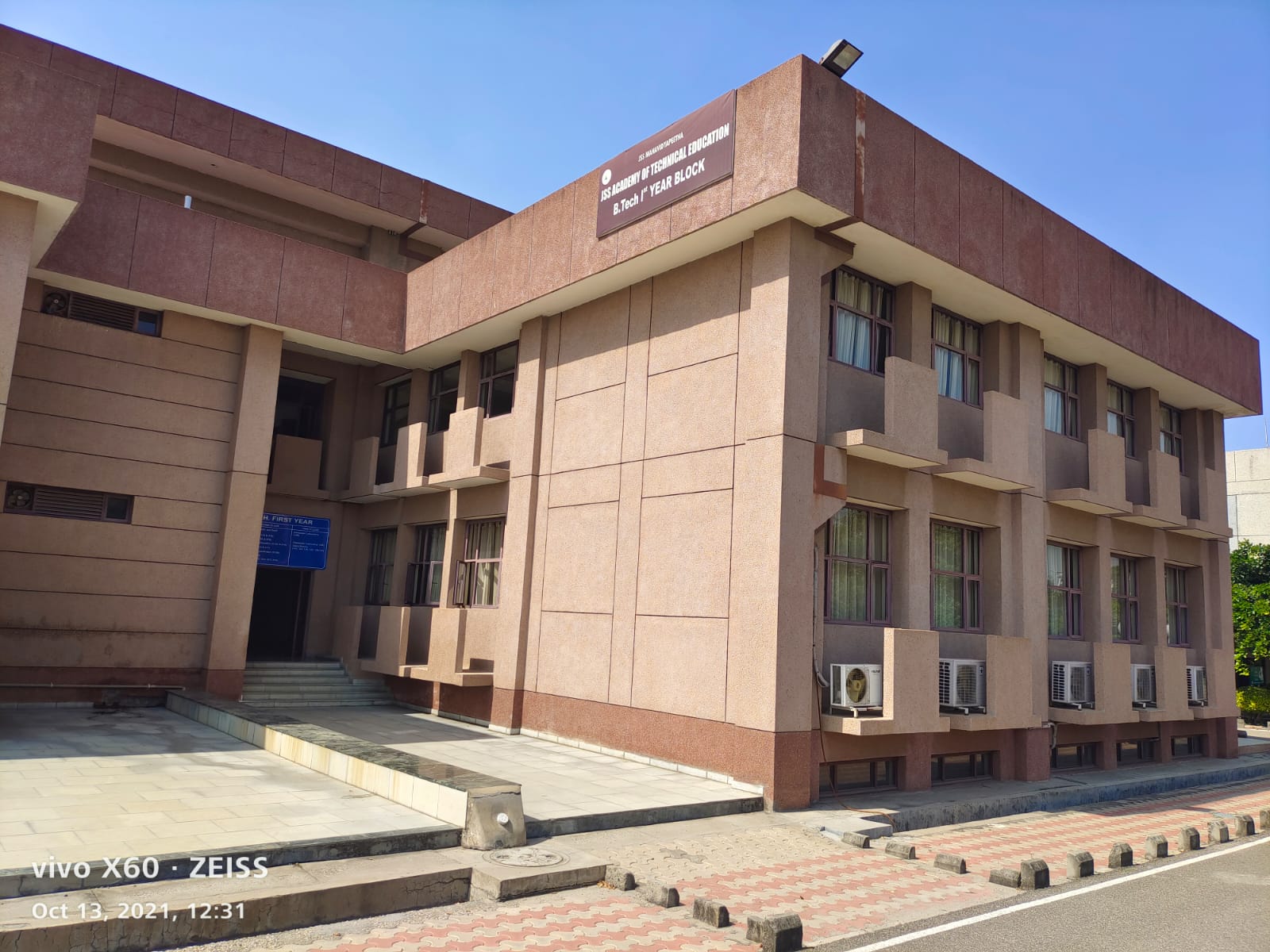
The Department of Humanities was established with the inception of the Institution in 1998. A humble beginning with just two people teaching English and one Faculty each for Economics and Financial Management comprised the Department of Humanities.
The Department has grown since and also bifurcated because of the numbers. Today, the Department of English consists of five strong faculty members and we have diversified beyond routine teaching to make inroads into areas such as publishing, special classes with English language improvement, co-curricular activities and an indigenously developed Language Learning Tool.
A highly qualified and committed group of people constitutes the Department, working to lend that much-necessary support to an Engineering College, because we view our role in terms of being confidence-builders, opinion-makers, helping build BROAD-BASED PROFESSIONALS, who are an unbeatable combination of ethical professionals and Technocrats
| # | Program Outcomes :-The Graduates will be able to: |
|---|---|
| PO-1 | Engineering Knowledge: Apply the knowledge of mathematics, science, engineering fundamentals, and an engineering specialization to the solution of complex engineering problems. |
| PO-2 | Problem analysis: Identify, formulate, review research literature, and analyze complex engineering problems reaching substantiated conclusions using first principles of mathematics, natural sciences, and engineering sciences. |
| PO-3 | Design/development of solutions: Design solutions for complex engineering problems and design system components or processes that meet the specified needs with appropriate consideration for the public health and safety, and the cultural, societal, and environmental considerations. |
| PO-4 | Conduct investigations of complex problems: Use research-based knowledge and research methods including design of experiments, analysis and interpretation of data, and synthesis of the information to provide valid conclusions. |
| PO-5 | Modern Tool Usage: Create, select, and apply appropriate techniques, resources, and modern engineering and IT tools including prediction and modeling to complex engineering activities with an understanding of the limitations. |
| PO-6 | The Engineer and Society: Apply reasoning informed by the contextual knowledge to assess societal, health, safety, legal and cultural issues and the consequent responsibilities relevant to the professional engineering practice. |
| PO-7 | Environment and Sustainability: Understand the impact of the professional engineering solutions in societal and environmental contexts, and demonstrate the knowledge of, and need for sustainable development. |
| PO-8 | Ethics: Apply ethical principles and commit to professional ethics and responsibilities and norms of the engineering practice. |
| PO-9 | Individual and Team Work: Function effectively as an individual, and as a member or leader in diverse teams, and in multidisciplinary settings. |
| PO-10 | Communication: Communicate effectively on complex engineering activities with the engineering community and with society at large, such as, being able to comprehend and write effective reports and design documentation, make effective presentations, and give and receive clear instructions. |
| PO-11 | Project Management and Finance: Demonstrate knowledge and understanding of the engineering and management principles and apply these to one’s own work, as a member and leader in a team, to manage projects and in multidisciplinary environments. |
| PO-12 | Life-long learning: Recognize the need for, and have the preparation and ability to engage in independent and life-long learning in the broadest context of technological change. |
| # | (Specialization) |
Yrs |
||||||
|---|---|---|---|---|---|---|---|---|
| 1 | Dr. Deepa Tyagi | Ph.D(Indian Literature R.K.Narayan | Assistant Professor | 01-01-2011 | deepatyagi@jssaten.ac.in | |||
| 2 | Dr. Kalika Singh | M. Phil, PhD(Norwegian Literature | Assistant Professor | 01-08-2013 | kalikasingh@jssaten.ac.in | |||
| 3 | Mr. Manu B S | M.A., B. Ed(Indian Literature-Mulk Raj Anand) | Assistant Professor | 14-08-2017 | manubs@jssaten.ac.in | |||
| 4 | Dr. Ritu Singh | M.A., Ph.D. | Assistant Professor | 18-08-2023 | ritusingh@jssaten.ac.in | |||
| 5 | Ms. Kanishka Verma | M.A. (English Literature), B. Ed | Assistant Professor | 18-03-2025 | kanishka.verma@jssaten.ac.in | |||
| 6 | Ms. Saijal Pawar | M.A. (English Literature) | Assistant Professor | 18-03-2025 | saijal.pawar@jssaten.ac.in |
| # | Research Guide | Area of Specialization |
|---|---|---|
| 1 | Dr. Deepa Tyagi | Indian Literature: R. K. Narayan |
| 2 | Dr. Kalika Singh | Norwegian Literature |
| 3 | Dr. Ritu Singh | Linguistics & Phonetics |
The Department of English wishes to work resonate with a sequence of notes or chords comprising close to a musical phrase. Considering the same, the Department has started the Newsletter with the same name. The periodicity of our Department Newsletter, CADENCE, is one every semester. The contents will be fleshed out from the events and happenings of the semester gone by..
In addition to the chalk and board method of teaching the faculty adopt various methods of teaching such as flipped classroom, on site teaching, case study demonstration, seminar assignments, National Programme on Technology Enhanced Learning (NPTEL) video class room, demonstration through working models and flip grid assignment.